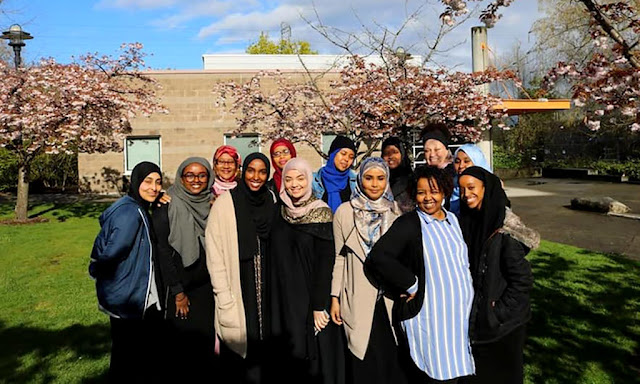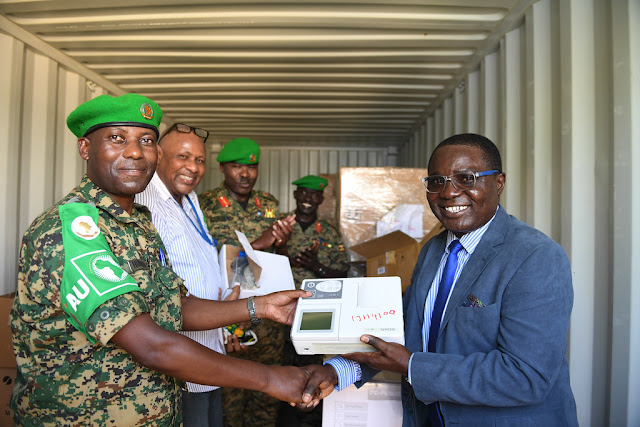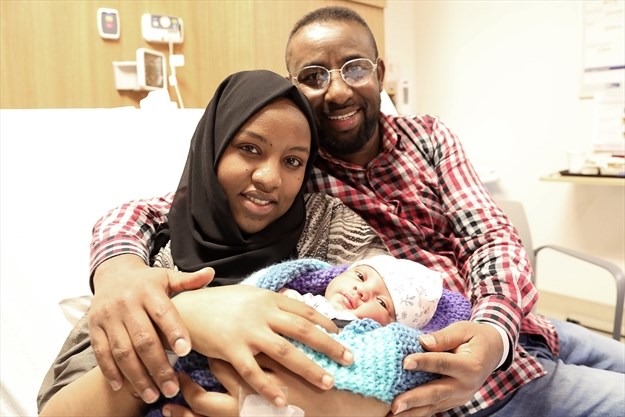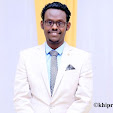Dates/Course Hours:
This course will begin in September 21, 2020 to 13th December, 20202
Applications are open util 17th August 2020
12 weeks (3 Months), 6-9 hours study per week is required for your maximum utilization & absorbing learning resources given for your knowledge & success.
Providing Institution:
University of Washington, Department of Global Health E-learning (USA)
Faculty/Course Professors:
Prof. Ann Downer, EdD, MPH
Prof. Britt Yamamoto, PhD
Overview
Learn how to lead organizations and manage people in this course on leadership and management. The course focuses on the practical leadership and management skills required for working in complex local, regional, national and global health environments. By the end of this course, you will develop a clear sense of the issues and challenges associated with leading organizations and managing people.
Personal leadership development and practical management skills are both emphasized. Format This online course has video lectures, readings, discussion forums, quizzes, and three assignments. You can participate in this course as an independent participant or as part of a site with five or more people.
We encourage participation as a group because it provides a forum for discussing course concepts and applying them to the local setting and customs.
If you can’t join a group, the discussion boards can provide that forum. The course is taught in English. Participants should be comfortable with written and spoken English.
Eligibility
The course is most useful for health care professionals and public health specialists who have some experience in management and who wish to enhance their skills working with people and other organizational resources.
Most case studies, readings, and assignments assume an existing knowledge of the health care system, labor law, and funding landscape in your country.
Participants will get the most out of this course if they can apply the concepts and strategies immediately to a work setting, including being in a position to lead meetings, facilitating team development, communicating on behalf of the organization, managing conflicts, analyzing and monitoring management data, supervising and delegating work, and managing some aspects of complex project implementation.
The course is less well suited to individuals in entry-level positions in the workforce.
Syllabus
Learning Objectives
Participants completing the course at the highest level of achievement should be able to:
✔ Approach management challenges in primary health care settings with core knowledge and skills in economic, organizational, and management theory as a guide;
✔ Pose meaningful questions about what constitutes effective management and leadership in different cultural and organizational contexts;
✔ Make decisions that weigh practical needs and conditions with ethical, legal, and
compliance considerations;
✔ Use core principles and tools from human resources and finance to address challenges and solve problems;
✔ Translate insights from self-assessment into personal plans for improving leadership and management skills;
✔ Identify and consult appropriate sources of data for making sound management decisions;
✔ Align and motivate individuals, systems, and resources toward a common purpose;
✔ Design and manage systems that are responsive to donor and Ministry of Health requirements and assure financial and ethical accountability;
✔ Identify monitoring and evaluation methods that answer key questions about programmatic efficiency and effectiveness; and
Use active participation in class discussion, activities, and assignments to form a personal and professional value system for management and leadership in global health.
Topics
Module 1- Leading and Managing Frameworks
What is the difference between leadership and management? What are the skills associated with each? How can we measure the impact of effective leadership and management on health care systems?
Module 2- Accountability
What is the accountability cycle? How can you increase individual and team accountability for quality work in your organization?
Module 3- The 7 Habits of Highly Effective People (Covey)
How can you apply the 7 habits to increase your proactive thinking patterns, clarify your values, plan your work more effectively, improve time management, listen, negotiate and mediate more
skillfully, create cooperation, and grow professionally?
Module 4- Team-Building
What are the key characteristics of highly functioning teams? What threatens the effectiveness of a team? How can you be more effective in leading meetings, building teams, and managing
conflict?
Module 5- Supervision and Delegation
What are the important principles of delegating and coaching? How can you prepare for different conversations? What questions should a performance review answer? What tools can you use to analyze performance problems?
Module 6- Conflict Management
How does conflict impact team dynamics and teamwork? How comfortable are you with conflict? What are some cultural differences in how people express and respond to conflict?
What actions can you take to resolve conflict within a team?
Module 7- Influence without Authority
What is the difference between positional and personal power? How can you use reciprocity and currency exchange to increase influence?
Module 8- Systems Thinking
What is the difference between event-oriented and systems thinking? How do you model a system of concern? How can you exert influence from your position?
Module 9- Financial Management
What are the principles of financial management? What are financial controls? What are the roles and obligations of the leader and manager in relation to financial management?
Module 10- Data for Management Decision-Making
Which data sources are important for purposes of accountability vs. program effectiveness? How do different donor agencies approach the issue of performance management? How can health leaders and managers create an organizational culture of information generation and use?
Module 11- Project Management
What are the steps in the project management cycle? How can you apply project management skills to your current work in order to improve quality and productivity?
Module 12- Effective Communication
What are your strengths and weaknesses in verbal, written, and virtual communication? How can you improve your ability to speak spontaneously? What are the elements of persuasive
communication? How can you use storytelling to strengthen your impact?
Applicants should note that, the cost of the program is so because of the country we find ourselves, those who do the program here in Seattle USA pay thousand and something dollars, the cost you will be enjoying cannot be compared to other local universities here in Somalia/Somaliland which is more higher.
Certification
For those who successfully completed the course will receive a formal printed Certificate of Completion on vellum paper with University of Washington seal mailed to them.
We will ship them all together to your Site Coordinator for distribution.
 |
| Sample- Certificate of completion |
Further Information
Any additional inquiry and clarifications about this program you should contact Dr. Mohamed Y. Dualeh, MD via his email: drdualeh@hesma.or.ke and if possible discourse with his phonephone:(+252 65 9417945 by texting him in WattsApp) regarding how to register, getting an assistance in application process while he is exercising as a local resource for our participants acting as Site Coordinator, HeSMA SOM, Somalia, UW Global Health Department.











